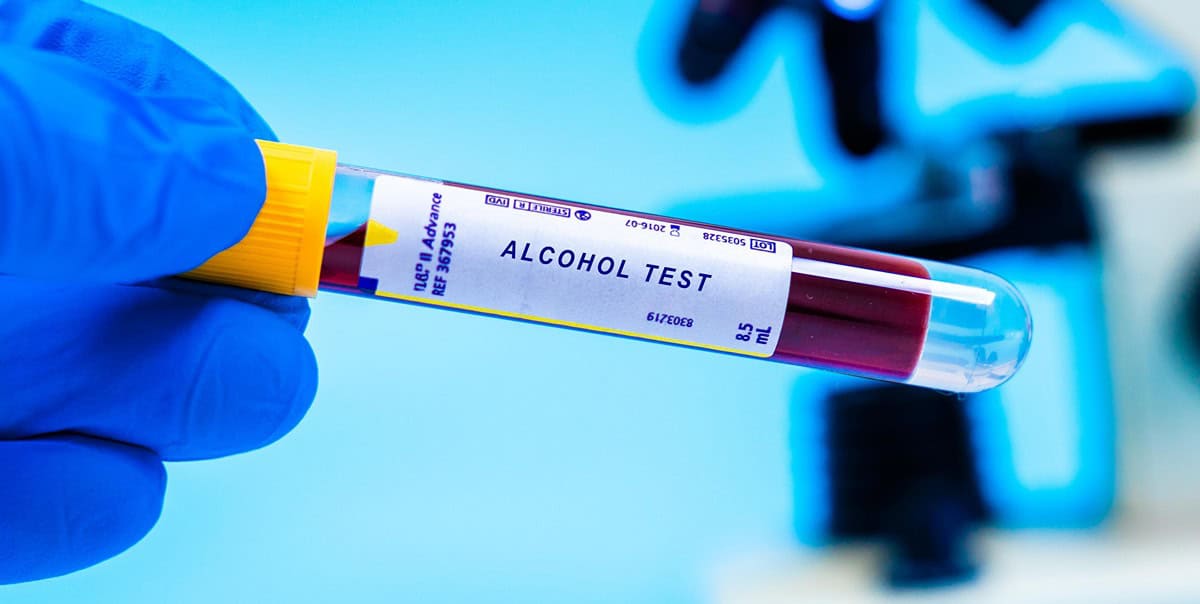Wrong-way driving incidents are a serious and potentially deadly issue on Arizona roadways. When alcohol is involved, the stakes are even higher. In the state of Arizona, wrong-way driving DUI charges are considered a felony under criminal law. The Arizona Department of Public Safety takes a strong stance against impaired driving.
Those convicted of felony wrong-way driving DUI charges in Arizona face severe consequences, including hefty fines, mandatory imprisonment, and the suspension or revocation of their driver’s license. Possible charges that individuals may face in these cases include DUI, reckless driving, endangerment, and even vehicular homicide.
This article will cover the following topics:
- Wrong Way Driving
- What Is An Aggravated DUI Offense
- Wrong Way Driving Resulting in a Collision
- Defenses to a Felony Wrong Way Driving Charge
- Contact Criminal Defense Attorney Arja Shah

Wrong Way Driving
In Arizona law, the legal definition of wrong-way driving is outlined in A.R.S. §28-694. This statute specifically addresses the act of operating a vehicle in opposition to the designated flow of traffic on controlled access highways.
According to this law, a driver who is found traveling against the correct direction of traffic commits the offense known as wrong-way driving.
Individuals found guilty of this violation are subject to a civil penalty, which is set at $500.
Additionally, those convicted are required to complete educational sessions at an approved traffic survival school, aimed at reinforcing safe driving habits and enhancing overall road safety.
The statute defines “wrong way” as vehicular movement in a direction that contradicts the legal flow of traffic, explicitly excluding actions such as crossing the median or situations where a vehicle ends up facing the wrong direction due to a collision, provided there was no intentional wrong-way driving involved.
Role of Signage and Road Design
Arizona has invested in improving road signage and design to prevent wrong way driving incidents. This includes clearer and more prominent signs at freeway exits and entrances, improved road markings, and advanced detection systems designed to alert drivers and law enforcement of potential wrong way incidents. Despite these preventative measures, the responsibility ultimately lies with the driver to observe and comply with traffic signs and regulations.
What Is An Aggravated DUI Offense
An Aggravated DUI offense in Arizona represents a more severe classification of DUI due to certain aggravating factors that elevate it beyond a standard DUI charge.
Under Arizona law, specifically outlined in the Arizona Revised Statutes (ARS) §28-1383, a DUI becomes an aggravated offense under several conditions, which significantly increase the penalties and consequences for the convicted individual.
Conditions Leading to Aggravated DUI Charges
Several scenarios can escalate a DUI to an aggravated level in Arizona:
- Driving with a suspended, revoked, or restricted license: If an individual is found driving under the influence while their driving privileges are suspended or restricted due to a previous violation, the charge is elevated to an aggravated DUI.
- Third DUI offense within 84 months (seven years): Receiving a third DUI charge within a seven-year period automatically upgrades the charge to an aggravated DUI, reflecting the state’s zero-tolerance stance on repeat offenders.
- DUI with a passenger under 15 years of age: Driving under the influence with a minor (under 15 years old) in the vehicle is considered an aggravating factor that results in harsher penalties.
- Wrong way driving under the influence: Driving the wrong way on a highway while impaired is specifically classified as an aggravated DUI under Arizona law due to the high risk of catastrophic outcomes.
Penalties for Aggravated DUI
The penalties for Aggravated DUI under Arizona law are severe, designed to reflect the gravity of the offense:
- Prison Time: Mandatory imprisonment for an aggravated DUI starts at a minimum of 4 months for a first-time offense, but can extend up to several years depending on the specific circumstances and number of prior offenses.
- Fines and Fees: Convicted individuals can face fines exceeding $4,000, not including additional costs related to jail time, mandatory classes, or installation of ignition interlock devices.
- Driver’s License Revocation: Aggravated DUI often results in the revocation of driving privileges for an extended period, typically three years for a first-time aggravated offense.
- Ignition Interlock Device: Mandatory installation of an ignition interlock device on all vehicles operated by the offender, often required for two years following license reinstatement.
- Alcohol or Drug Treatment Programs: Conviction may necessitate participation in state-approved alcohol or drug treatment programs.

Wrong Way Driving Resulting in a Collision
Wrong way driving that results in a collision is taken extremely seriously under Arizona law due to the high risk of severe injury or fatalities associated with such incidents. When a wrong way driver causes a collision, the legal consequences can significantly intensify, particularly if the incident involves injuries, fatalities, or substantial property damage.
Legal and Financial Consequences
In the event of a collision resulting from wrong way driving, the at-fault driver may face severe legal repercussions, including felony charges, particularly if impairment from drugs or alcohol is a factor. The specific charges can range from aggravated assault to manslaughter, depending on the severity of the injuries or fatalities involved.
These incidents can lead to extensive financial liabilities as well, covering medical expenses, property damage, and potential civil lawsuits for damages.
Common Defenses for Wrong Way Driving and DUI Charges
- Lack of Intent: For wrong way driving, arguing that the act was not intentional due to factors like poor road signage or unfamiliarity with the area can be effective. In DUI cases, this defense is less about intent and more about circumstances leading to perceived impairment.
- Insufficient Evidence: Challenging the accuracy or sufficiency of the evidence presented by the prosecution, including questioning the reliability of breathalyzer or field sobriety tests, can be a pivotal DUI defense.
- Improper Stop or Procedure: Arguing that the initial traffic stop was unlawful or that proper legal procedures were not followed during the arrest can undermine a DUI charge. This includes violations of the defendant’s rights or failure to adhere to standardized protocols.
- Medical Conditions or External Factors: For DUI defenses, demonstrating that physical symptoms (e.g., slurred speech, imbalance) were due to medical conditions unrelated to alcohol consumption can be persuasive. Similarly, showing that a sudden medical event led to unintentional wrong way driving can be a valid defense.
- Faulty Testing Equipment or Techniques: Challenging the reliability and calibration of breathalyzer devices or the accuracy of blood tests due to mishandling or contamination can discredit DUI evidence.
- Involuntary Intoxication: Although rare, if a person was unknowingly drugged or consumed alcohol without their knowledge, it could serve as a defense to DUI charges.
Contact Criminal Defense Attorney Arja Shah

Her success stories, such as the dismissal of DUI charges due to procedural errors and the reduction of severe felony DUI cases to lesser charges, underscore her expertise and strategic approach.
Arja Shah Law offers a free initial consultation to discuss your case without commitment. For dedicated and compassionate defense, contact Arja Shah Law at (602) 560-7408.











